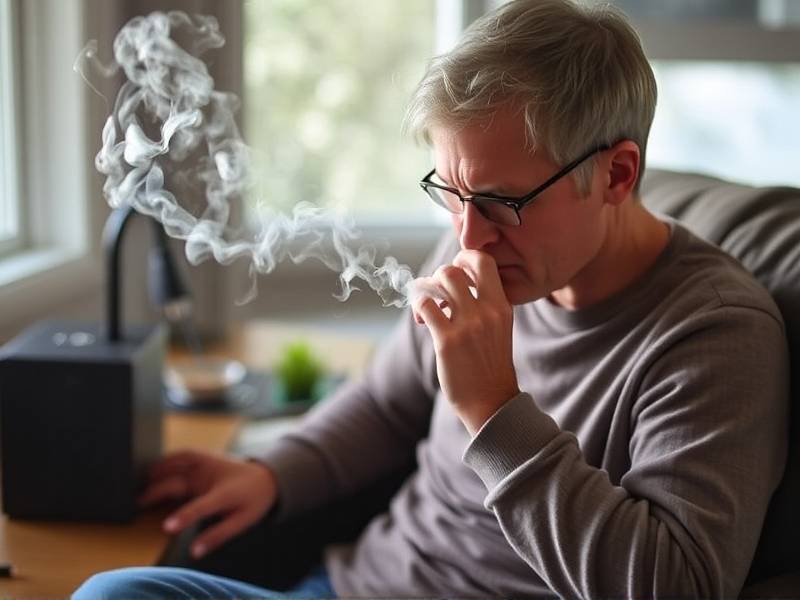Is It Normal to Have Gas After Quitting Smoking?
Understanding the Body's Response to Smoking Cessation
Quitting smoking is a significant step towards better health, but it can come with a few unexpected challenges. One common concern that many smokers face is experiencing gas after quitting. But is this normal? Let's delve into the reasons behind this and what you can do about it.
The Science Behind Gas After Quitting Smoking
1. Changes in Digestive System
When you quit smoking, your body starts to adjust to the absence of nicotine. This adjustment can sometimes lead to changes in your digestive system, which may result in increased gas production.
2. Improved Oxygen Supply
Smoking reduces blood flow and oxygen supply to various organs, including the digestive tract. When you quit smoking, your body begins to receive more oxygen, which can stimulate the production of gas as your digestive system works harder to process food.

3. Food Intake Changes
Some people turn to food as a way to cope with withdrawal symptoms when they quit smoking. This change in diet can contribute to increased gas production.
Dealing with Gas After Quitting Smoking
1. Adjust Your Diet
Pay attention to what you eat and drink. Avoid foods known for causing gas, such as beans, lentils, cruciferous vegetables (like broccoli and cauliflower), and carbonated beverages.
2. Stay Hydrated
Drinking plenty of water can help alleviate gas issues by keeping your digestive system regular.

3. Regular Exercise
Physical activity helps improve digestion and reduce bloating. Even a short walk after meals can be beneficial.
4. Manage Stress
Stress can exacerbate gas symptoms, so find ways to manage stress through relaxation techniques or hobbies you enjoy.
Seek Professional Advice if Needed
If you experience severe or persistent gas problems after quitting smoking, it's essential to consult a healthcare professional. They can help determine if there's an underlying issue that needs attention.
Conclusion
While experiencing gas after quitting smoking is not uncommon, it's usually a temporary side effect that resolves as your body adjusts to its new smoke-free state. By making some lifestyle adjustments and staying vigilant about your health, you can minimize discomfort and enjoy the benefits of a smoke-free life.
Remember that every person's experience is unique when it comes to quitting smoking and dealing with its aftermath. Be patient with yourself as you navigate these changes for a healthier future!
